Quang Ninh has 76 traditional folk festivals, mainly concentrated in spring, creating attractive festival tourism products for tourists. On the sidelines of the workshop "Promoting green economy , digital economy, heritage economy of Ha Long city in the era of national development" held on December 26, 2024, reporters from the Quang Ninh Provincial Media Center interviewed Dr. Do Danh Huan, a researcher at the Institute of History, Vietnam Academy of Social Sciences, who is interested in researching a lot about village culture, festival heritage, on this issue.
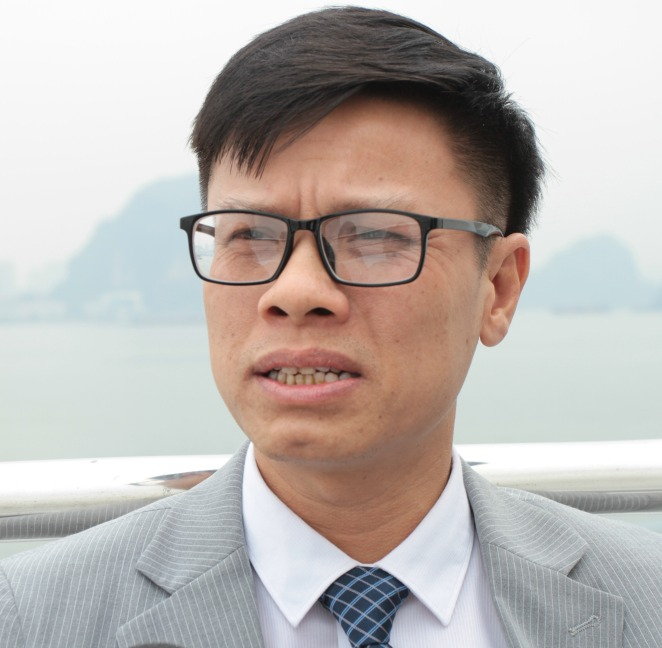
Dr. Do Danh Huan.
- Doctor, what do you think about the traditional festival picture in Quang Ninh ?
+ Festivals are part of cultural heritage, and traditional festivals in Quang Ninh are no exception. They are created, preserved, and passed down from generation to generation by residents living in Quang Ninh province from ancient times to the present.
Some typical traditional festivals in Quang Ninh include: Yen Tu Festival, Cua Ong Temple Festival, Tra Co Communal House Festival, Bach Dang Festival, Long Tien Pagoda Festival, Quan Lan Communal House Festival, Dam Ha Communal House Festival, Ba Men Temple Festival, Tien Cong Festival...
These festivals are at provincial, regional or national level, with 8 festivals recognized as national intangible cultural heritages... Quang Ninh is a locality with terrain and space that includes 3 regions: mountainous, delta and island regions. Such terrain conditions have created unique features in the festivals.
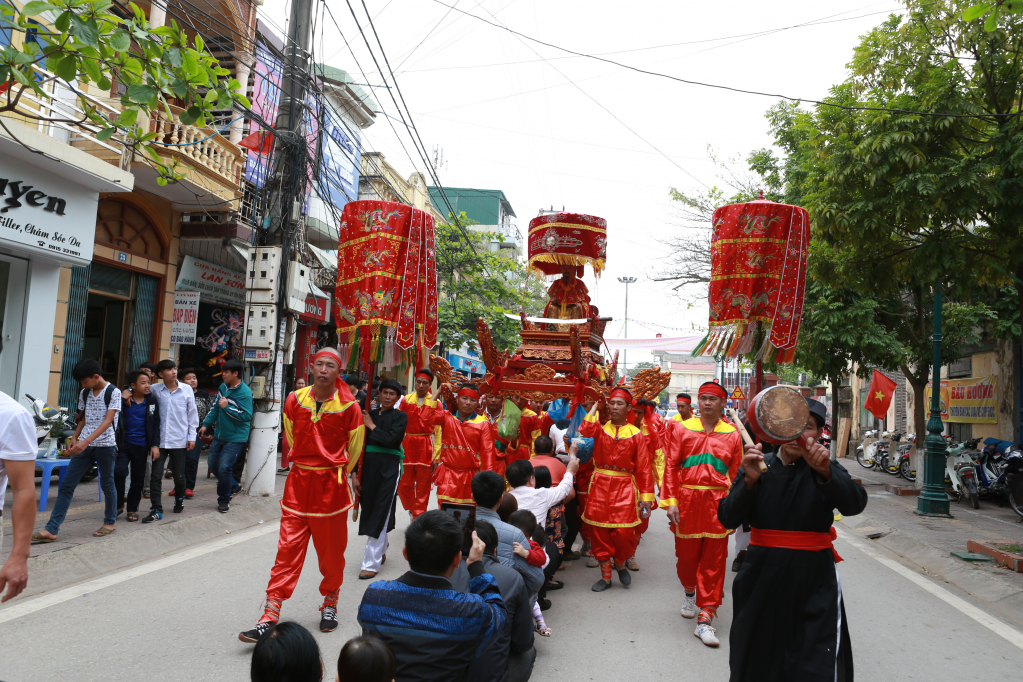
– According to you, what similarities does Quang Ninh festival have compared to traditional Vietnamese festivals in general?
+ In terms of rhythm and time, festivals in Quang Ninh also have similarities with traditional festivals of the Vietnamese people. These festivals mainly take place in spring, and are associated with the rhythm of production - spring and autumn. From the results of festival statistics in some localities of Quang Ninh, it shows that festivals taking place in spring account for 30/46 festivals. Meanwhile, festivals taking place in summer have 12 festivals, followed by 2 festivals in autumn, and 2 festivals in winter.
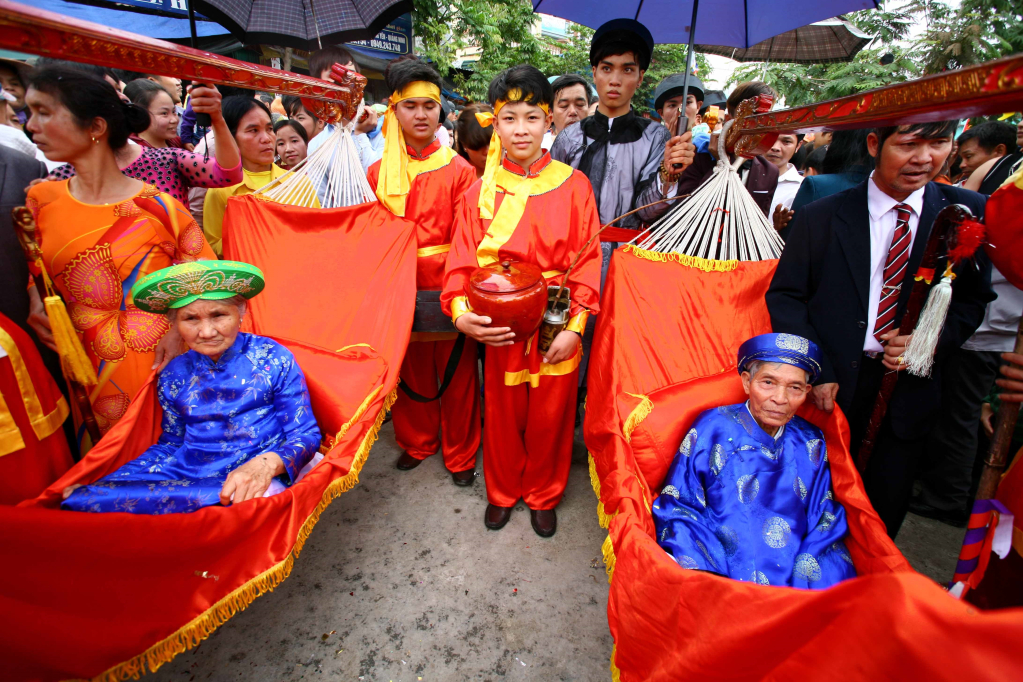
– In terms of space, there are many festivals in Quang Ninh related to sea culture. What do you think about this story?
+ Notably, according to the statistics of festivals in some localities in Quang Ninh, people realize that festivals associated with marine culture account for a larger number and have a superior advantage compared to inland areas. Perhaps, Quang Ninh is a land that is heavily influenced and affected by the sea, so the cultural activities and lifestyle of the residents still preserve many marine elements, which are vividly expressed in traditional festivals. Statistical results show that festivals in the island areas account for 43%, followed by coastal areas with 37%, and last and lowest are festivals in inland areas with only 20%.
– Festivals belong to the community and are created by the community. So, in your opinion, what solutions are needed to maintain and develop festivals?
+ Quang Ninh is a province with many cultural, historical and natural heritages, so the combination of cultural heritages and natural heritages will create strengths in economic development, specifically heritage economy. This is an advantage for us to promote its value in the economic development strategy based on Quang Ninh's heritage, combined with the advantages bestowed by nature. In particular, special attention is paid to placing festival heritages in the cultural space of the Northeast region.
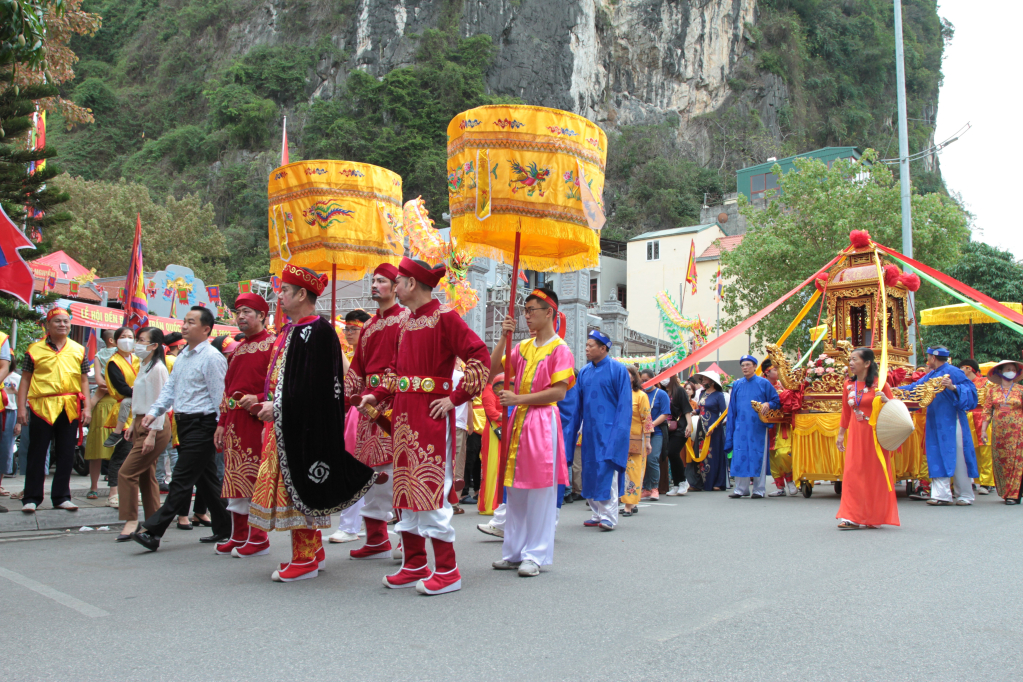
- Can you elaborate on this issue?
+ As I said above, the traditional festivals of Quang Ninh, in which most of the festivals are associated with the sea space, sea culture and the history of the nation. Once the festival system is placed in relation to scenic spots and natural heritages such as Yen Tu and especially Ha Long Bay, to serve the biggest goal of tourism development, the value of festivals will be effectively promoted for the development of heritage economy. In which, the number one priority must be to take Ha Long Bay Natural Heritage as the center of heritage economy. Traditional festivals in localities and neighboring areas play the role of satellites, supplementing and enriching tours, routes and tourism products towards Ha Long. Because of the outstanding sea nature of many Quang Ninh festivals, there is no reason not to integrate sea festivals with Ha Long Bay heritage. From there, we both preserve festival heritage and mobilize overall strength to serve a common goal of socio-economic development.
– How is the role of the community shown in this story, sir?
+ To promote the value of heritage in economic development, there needs to be coordination from local authorities at all levels, to travel and tourism organizations. And finally, the role and active, professional participation of the people will help transform the values of heritage into economic values.
Festival activities are community cultural activities not only of local residents but also of tourists from many other regions. Therefore, immersing in the festival atmosphere means that tourists have experienced and been passed on cultural values. Therefore, the nature of conservation is already present in that activity.
At festivals in Quang Ninh, traditional games such as boat racing, processions, and folk customs associated with festivals also need to be spread, so that tourists can experience them directly. Immersing in these forms of performance, the person experiencing them is not only a tourist, but also a real citizen, a member of the community that has the festival...
– Recently, besides traditional festivals, Quang Ninh also has many modern festivals that are quite attractive to tourists. What do you think about this story?
+ In recent years, in addition to traditional festivals, cultural managers have organized modern festivals. I think this is a very good approach to cultural tourism. Especially in the current context, actively learning and exchanging cultural contacts to enrich the culture of Quang Ninh in particular, and Vietnam in general. This also contributes to fully meeting the needs of tourists who need to experience both traditional and modern culture, both Eastern and Western.
– To develop heritage economy, how can Quang Ninh approach festival tourism from the perspective?
+ Quang Ninh has such potential and reserves of cultural and natural heritage, so the transformation of heritage into assets has been implemented for many years, but in the coming time it needs to be further promoted to be worthy of the position that Quang Ninh has. With that spirit, Quang Ninh can fully exploit the values of heritage, including festivals with the motto of turning heritage into assets.
An important note is that, to develop the heritage economy, festivals cannot stand alone, but must have a system connection, a regional connection with other heritages, entities outside the festival, this is the important factor to maintain the life of festival heritage. Therefore, to enrich the experiences, help visitors immerse themselves in traditional festivals in Quang Ninh.
– Is it possible to exploit marine culture as a connecting thread between traditional festivals in Quang Ninh?
+ That's right. In connecting festivals, the priority should be given to the approach to the sea and islands: Exploiting the potential of sea tourism in Quan Lan, Co To and many other locations to maximize the advantages of nature's gifts of experience as a fisherman, participating in processing products from the sea, enjoying seafood and many other activities that the sea and island space allows.
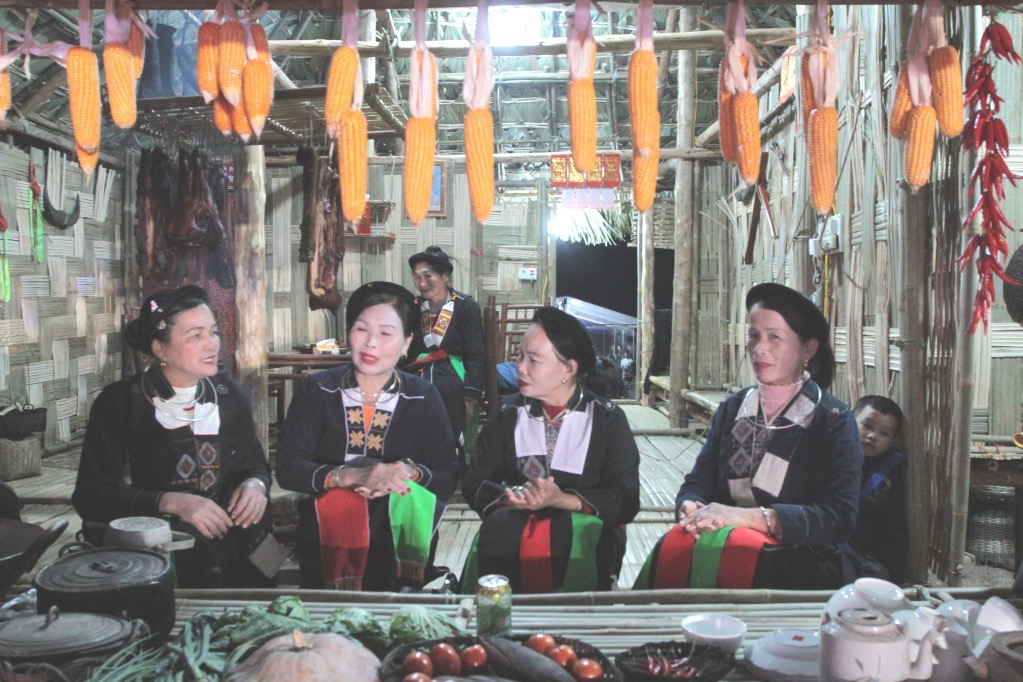
– According to you, what specific solutions does Quang Ninh need to promote the value of festival heritage?
+ The potential and advantages in the heritage economy of Quang Ninh are undeniable. Over the past years, Quang Ninh has paid attention to, invested in and promoted the development of the heritage economy, in which the central space and the greatest attraction is Ha Long Bay Heritage. From Ha Long, the components of economic and social development planning, especially programs to preserve and promote heritage values, are deployed and expanded, as well as designed tours and connecting routes.
In fact, when promoting the value of festival heritage, there needs to be synchronous solutions, the participation of many sectors and fields, in which the role of the festival's subject, the people, is important. At the same time, the festival must be placed in a space of overall planning of the heritage system. Doing this well is to create an environment for the festival to better exploit the value of the festival with the heritage economy. In the immediate future, I think there should be a separate thematic workshop to assess the potential and prospects of the Quang Ninh festival heritage system, supplementing what we have been doing for a long time but have not paid much attention to.
– Thank you for the interview, Doctor!
Source: https://baoquangninh.vn/di-san-le-hoi-tao-ra-san-pham-du-lich-hap-dan-cho-quang-ninh-3337667.html










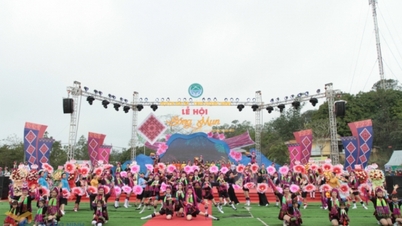
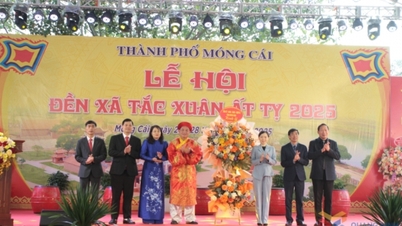
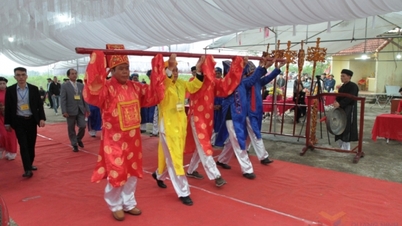
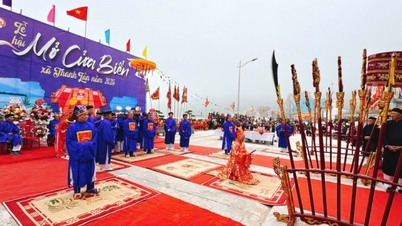

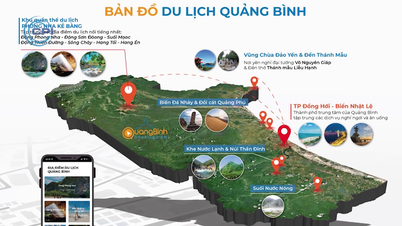

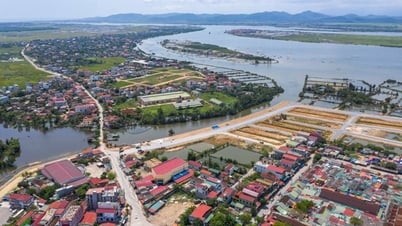

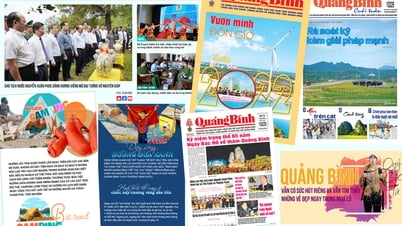
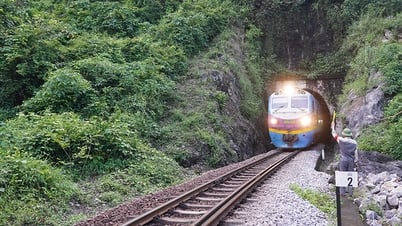
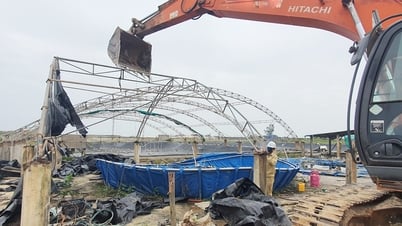
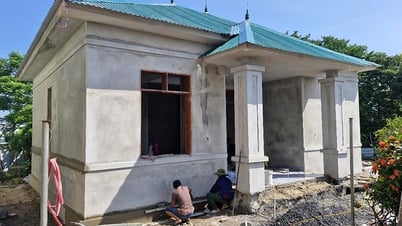





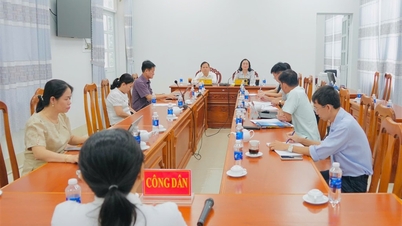

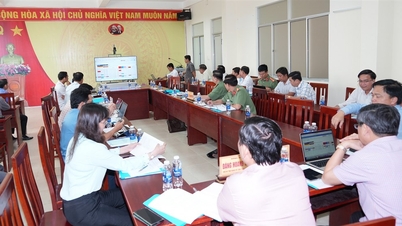


![[Photo] Keep your warehouse safe in all situations](https://vphoto.vietnam.vn/thumb/1200x675/vietnam/resource/IMAGE/2025/10/1/3eb4eceafe68497989865e7faa4e4d0e)





























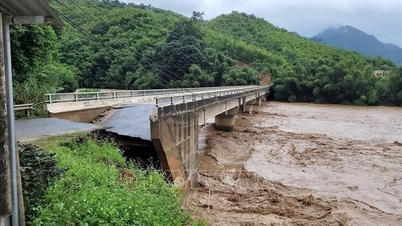

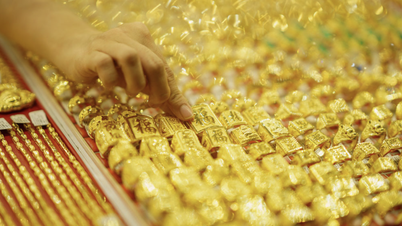
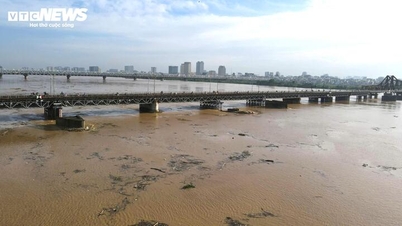



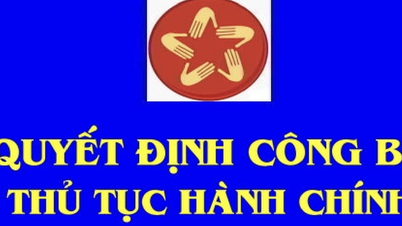
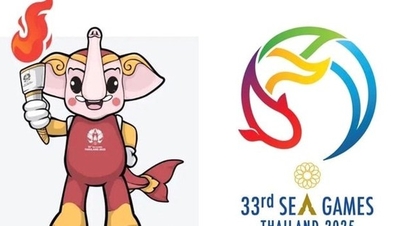



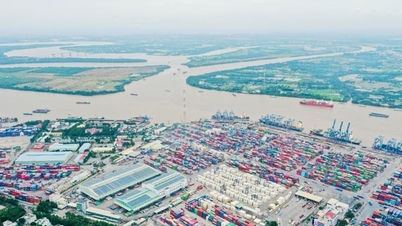

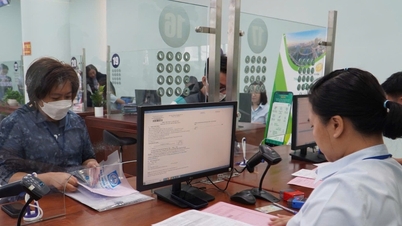



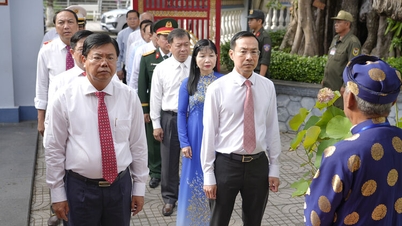

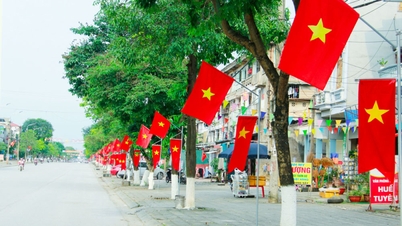














Comment (0)